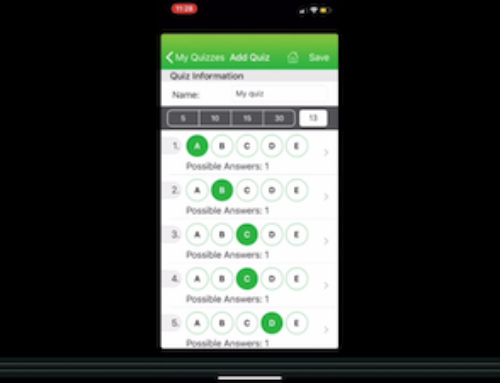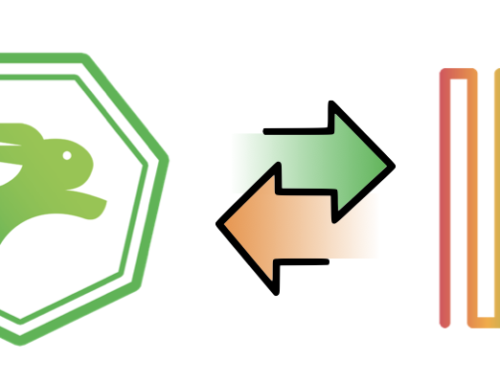According to the New York Times, “socioeconomic background explains 15 percent of the variation in the performance of American students, far more than in high-performing countries like Finland, Japan and Norway. Only one in 20 children coming from the most disadvantaged quarter of the population manages to excel at school and climb in the rankings.”
As I read this article, I thought I would learn more in depth about how socioeconomic disparities make it challenging for students to excel in the American education system. Instead, I collided with the age old notion that the problem is low quality teachers. According to Eduardo Porter, “But that won’t overcome perhaps the greatest shortcoming in the United States compared with top performers like Canada, Finland and Singapore: a dearth of excellent teachers.” This myth, that the problem lies with the caliber of American teachers, is often propagated by those who simply refuse to ensure the resources and the support that are available to wealthy schools are also available for schools in impovrished districts.
In yesterday’s blog post we saw how a professor who was an average student himself, leveraged his experience to create the TIP program at the University of Texas. The Tip program is a program that is actively solving the problem of the achievement gap between the rich and the poor, by offering support and mentoring to students from low socioeconomic backgrounds. Instead of citing that work, the Times continued supporting the myth that the problem is with low quality teachers.
New rule, if you are going to write articles that shape the way the public views education in America, you should have at least proven the ability to manage a classroom full of thirteen year olds on the first warm day of spring. How can we close the achievement gap between the rich and the poor in America? Please leave your thoughts in the comments below.




